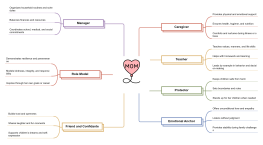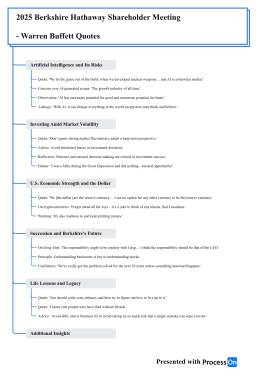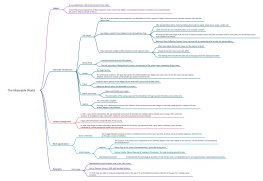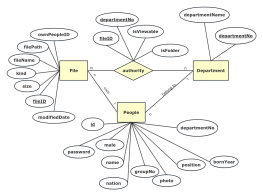Historical Background of Constitutions
2024-12-23 15:46:37 79 0 Report 0
0
Login to view full content
This mind map explores the 'Historical Background of Constitutions,' tracing the evolution of constitutional principles from ancient to modern times. It begins with ancient legal codes like the Code of Hammurabi and the Athenian Constitution, which laid foundational governance principles. The map then delves into medieval developments such as the Magna Carta and Enlightenment thinkers like John Locke and Montesquieu, who influenced modern democratic ideals. It highlights the emergence of modern constitutions, including the United States Constitution and the French Revolution's impact. The map concludes with the global expansion and evolution of constitutional frameworks, reflecting their enduring significance.
Other creations by the author
Outline/Content
Historical Foundations of Constitutions
Ancient Civilizations
Code of Hammurabi (c. 1754 BCE)
First written legal code in history
Set out laws for governance in Babylon
Influenced future legal systems
Athenian Constitution (c. 400 BCE)
Developed in Ancient Greece
Focused on democracy and the rights of citizens
Basis for modern democratic principles
Roman Republic
Codified republican principles
Introduction of checks and balances
Influence on later constitutional systems
Roman Law
Corpus Juris Civilis (6th century CE)
Emperor Justinian's compilation of Roman laws
Provided a foundation for European legal systems
Medieval and Early Modern Developments
Magna Carta (1215)
Limited the power of the English monarchy
Established the principle of due process
Inspired future constitutional documents
Parliamentary Developments in England
Gradual shift towards parliamentary sovereignty
Influence on constitutional monarchy
Enlightenment Thought
John Locke
Theory of natural rights and government
Influenced the development of constitutional democracy
Montesquieu
Separation of powers principle
Influenced the structure of modern constitutions
Rousseau
Social contract theory
Advocated for direct democracy
Voltaire
Advocacy for freedom of speech and religious tolerance
Influenced the human rights movement
Modern Constitutions
United States Constitution (1787)
First modern written constitution
Created the federal system of government
Introduced separation of powers and checks and balances
Bill of Rights added in 1791
Influenced global constitutional development
French Revolution (1789)
Declaration of the Rights of Man and of the Citizen
Established the principles of liberty, equality, and fraternity
Led to the rise of republicanism in France
Inspired revolutions in Europe and Latin America
French Constitutions (1791–1795)
First French Constitution created during the Revolution
Established a constitutional monarchy
Created the French Directory after the fall of the monarchy
Global Expansion of Constitutions
19th Century: Growth of Written Constitutions
European revolutions led to widespread constitutional adoption
Latin American countries adopted constitutions after independence
Brazil adopted its first constitution in 1824
Argentina adopted the Argentine Constitution in 1816
Chile adopted its first constitution in 1833
20th Century: Evolution of Constitutionalism
Post-World War I changes led to new democratic constitutions
Formation of the Weimar Republic Constitution in Germany (1919)
Rise of totalitarian regimes in the mid-20th century
Post-colonial constitutional frameworks in Africa and Asia
Indian Constitution (1950)
One of the longest constitutions in the world
Established a secular and democratic republic
Post-World War II
United Nations' Universal Declaration of Human Rights (1948)
Introduction of universal human rights principles into constitutions
Modern Use of Mind Maps in Constitutional Studies
Visualizing Constitutional Structure
Helps organize the complex components of a constitution
Facilitates understanding of constitutional principles
Provides a clear overview of the document's framework
Understanding Historical Development
Traces the evolution of constitutional principles over time
Helps identify key moments and shifts in constitutional history
Supports comparative analysis of different constitutional systems
Analyzing Key Constitutional Principles
Separation of Powers
Checks and Balances
Rule of Law
Protection of Individual Rights
Educational Applications
Helps students understand complex legal structures
Can be used in classroom settings to explain constitutions
Supports legal professionals in constitutional analysis
Helps researchers compare different constitutional systems
Constitutional Amendments
Amendments to the United States Constitution (e.g., 13th, 19th, and 26th Amendments)
Amendment process in different countries
Evolution of rights and freedoms through constitutional amendments
Global Examples of Constitutional Changes
Post-apartheid South Africa: New Constitution (1996)
Brazilian Constitution of 1988
German Basic Law (Grundgesetz) after WWII
Constitutional reforms in post-Soviet countries
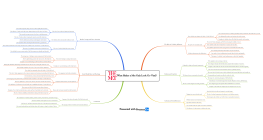
Collect
0 Comments
Next page

